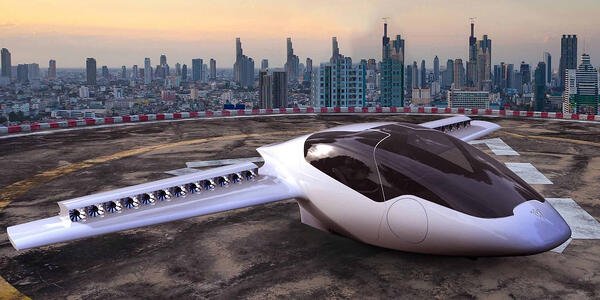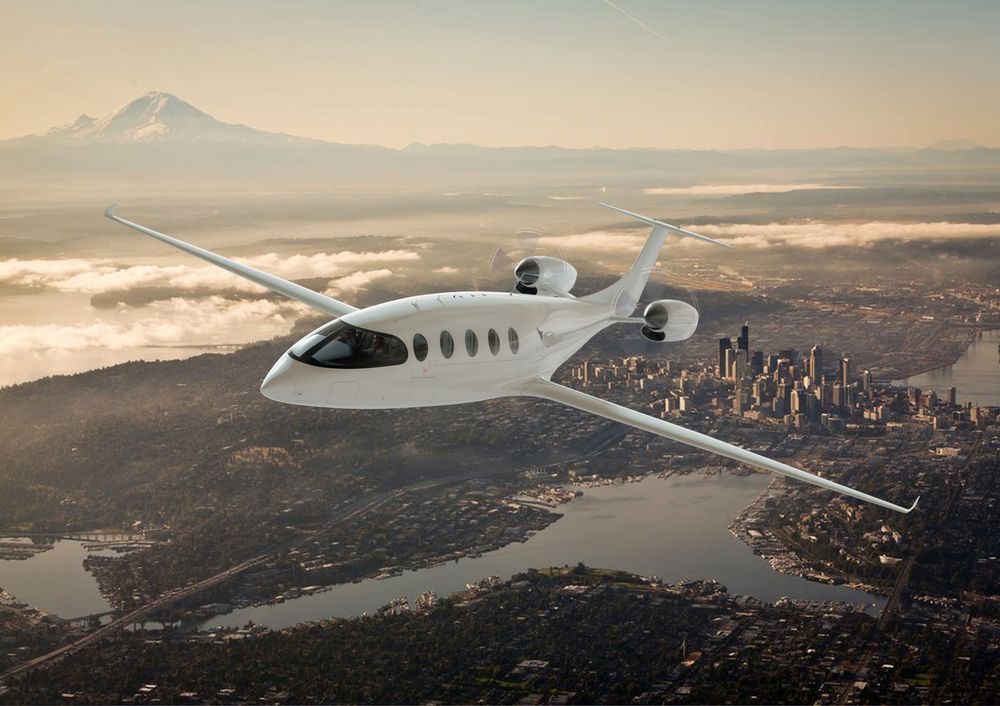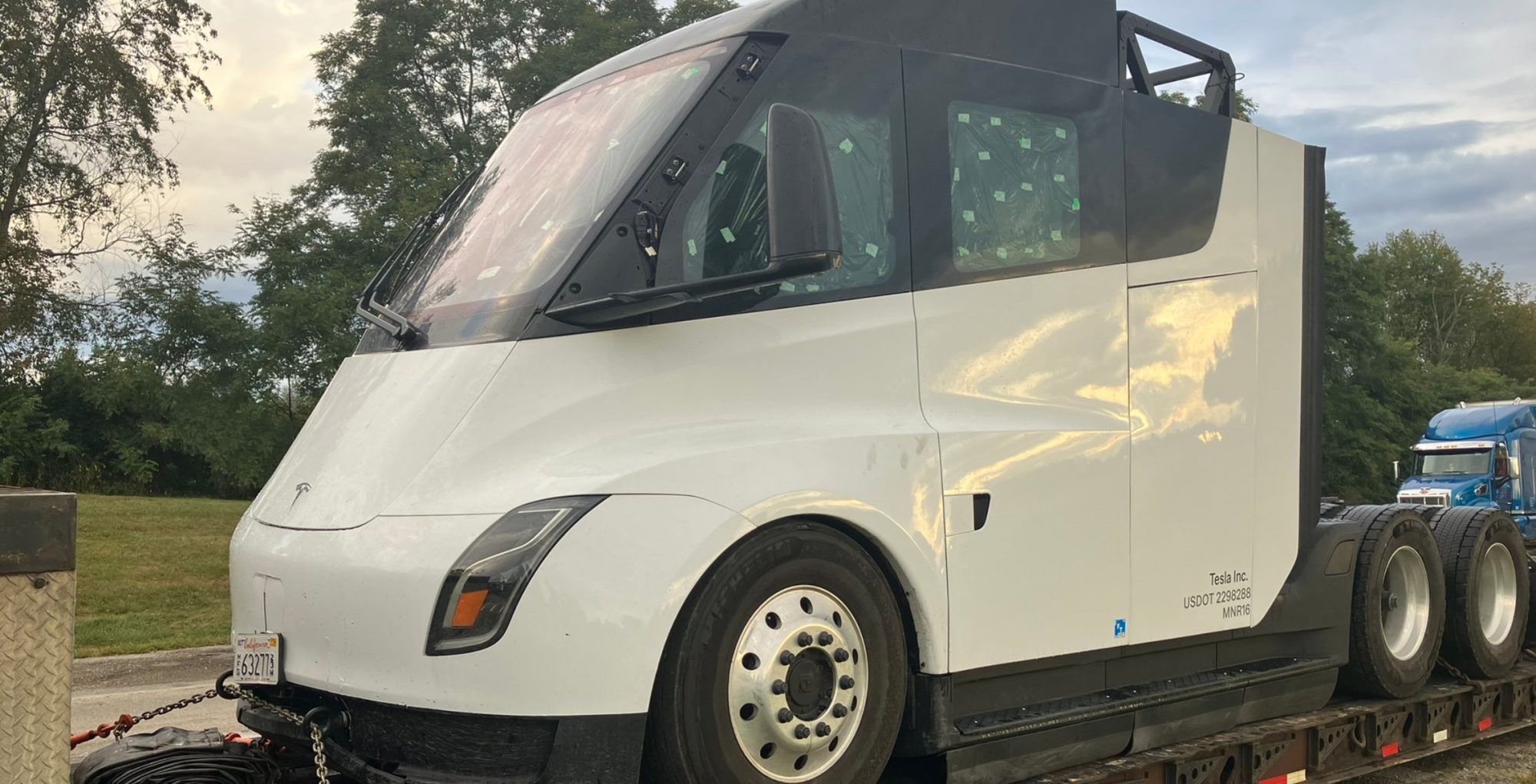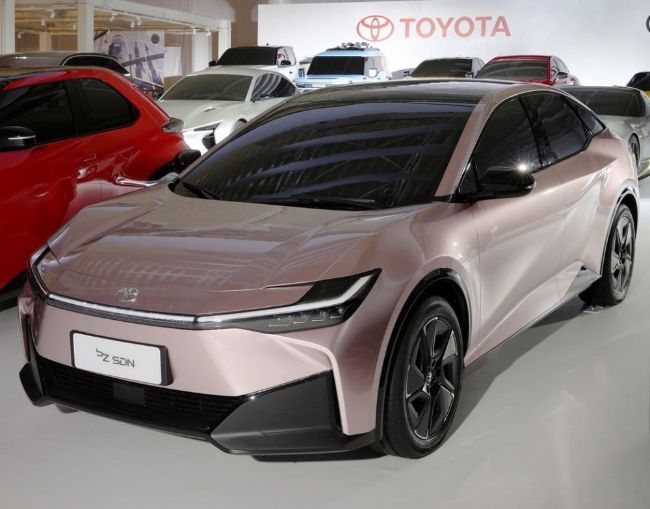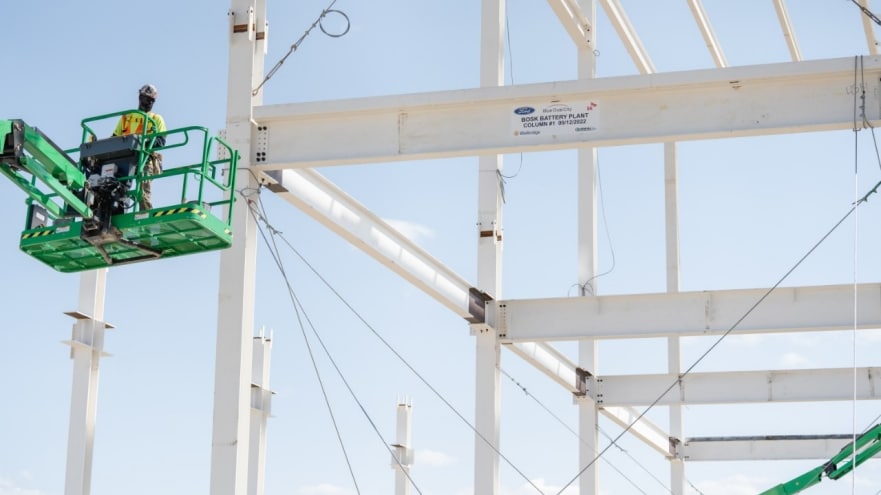Lilium Air Mobility plans to set up industry capacity to make about 400 electric flying taxis per year. At the same time they are also defining a scheme that provides public research support, said its new chief executive.
Lilium competes in the crowded market for electric Vertical Take-Off and Landing (eVTOL) vehicles, and hopes to replace road trips or short trips with airplanes.
But the challenge is to secure certification and fund electrical technology innovations. Moreover, currently Lilium’s own shares have fallen 73 percent.
“I really support this 400 aircraft production system. If we are lucky one day, we need 800 aircraft and we will only duplicate it, not here (in Germany), but where the big market is,” said the former Airbus (AIR) . PA) executive Klaus Roewe, quoted by Reuters.
“Let’s measure and let’s see how we should design the production system including the entire supply chain for 400 aircraft,” Roewe said after the shareholder renewal.
Lilium did not provide detailed funding to make 400 flying taxis. Therefore, Roewe explained, the company plans for the first time to utilize standard public funding sources such as research.
He did not say where the public funds came from or how much. Companies usually take advantage of national and European Union programs to enhance their innovation.
Lilium says it believes its lithium battery will meet performance and regulatory requirements. However, in February 2020, a battery fire killed a technology demonstrator and led to delays in testing the battery.

